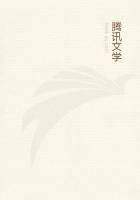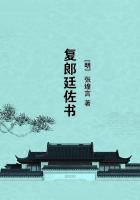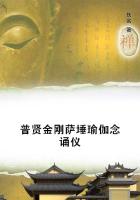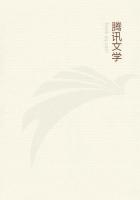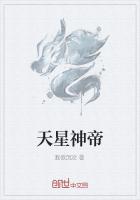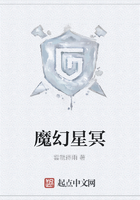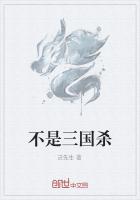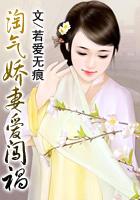One circumstance has struck me much; namely, that all the breeders of the various domestic animals and the cultivators of plants, with whom I have ever conversed, or whose treatises I have read, are firmly convinced that the several breeds to which each has attended, are descended from so many aboriginally distinct species. Ask, as I have asked, a celebrated raiser of Hereford cattle, whether his cattle might not have descended from long horns, and he will laugh you to scorn. I have never met a pigeon, or poultry, or duck, or rabbit fancier, who was not fully convinced that each main breed was descended from a distinct species. Van Mons, in his treatise on pears and apples, shows how utterly he disbelieves that the several sorts, for instance a Ribston-pippin or Codlin-apple, could ever have proceeded from the seeds of the same tree. Innumerable other examples could be given.
The explanation, I think, is simple: from long-continued study they are strongly impressed with the differences between the several races; and though they well know that each race varies slightly, for they win their prizes by selecting such slight differences, yet they ignore all general arguments, and refuse to sum up in their minds slight differences accumulated during many successive generations. May not those naturalists who, knowing far less of the laws of inheritance than does the breeder, and knowing no more than he does of the intermediate links in the long lines of descent, yet admit that many of our domestic races have descended from the same parents may they not learn a lesson of caution, when they deride the idea of species in a state of nature being lineal descendants of other species? Selection Let us now briefly consider the steps by which domestic races have been produced, either from one or from several allied species. Some little effect may, perhaps, be attributed to the direct action of the external conditions of life, and some little to habit; but he would be a bold man who would account by such agencies for the differences of a dray and race horse, a greyhound and bloodhound, a carrier and tumbler pigeon. One of the most remarkable features in our domesticated races is that we see in them adaptation, not indeed to the animal's or plant's own good, but to man's use or fancy.
Some variations useful to him have probably arisen suddenly, or by one step; many botanists, for instance, believe that the fuller's teazle, with its hooks, which cannot be rivalled by any mechanical contrivance, is only a variety of the wild Dipsacus; and this amount of change may have suddenly arisen in a seedling. So it has probably been with the turnspit dog; and this is known to have been the case with the ancon sheep. But when we compare the dray-horse and race-horse, the dromedary and camel, the various breeds of sheep fitted either for cultivated land or mountain pasture, with the wool of one breed good for one purpose, and that of another breed for another purpose; when we compare the many breeds of dogs, each good for man in very different ways; when we compare the gamecock, so pertinacious in battle, with other breeds so little quarrelsome, with 'everlasting layers' which never desire to sit, and with the bantam so small and elegant; when we compare the host of agricultural, culinary, orchard, and flower-garden races of plants, most useful to man at different seasons and for different purposes, or so beautiful in his eyes, we must, I think, look further than to mere variability. We cannot suppose that all the breeds were suddenly produced as perfect and as useful as we now see them; indeed, in several cases, we know that this has not been their history. The key is man's power of accumulative selection: nature gives successive variations; man adds them up in certain directions useful to him. In this sense he may be said to make for himself useful breeds.
The great power of this principle of selection is not hypothetical.
It is certain that several of our eminent breeders have, even within a single lifetime, modified to a large extent some breeds of cattle and sheep.
In order fully to realise what they have done, it is almost necessary to read several of the many treatises devoted to this subject, and to inspect the animals. Breeders habitually speak of an animal's organisation as something quite plastic, which they can model almost as they please. If I had space I could quote numerous passages to this effect from highly competent authorities.
Youatt, who was probably better acquainted with the works of agriculturalists than almost any other individual, and who was himself a very good judge of an animal, speaks of the principle of selection as 'that which enables the agriculturist, not only to modify the character of his flock, but to change it altogether. It is the magician's wand, by means of which he may summon into life whatever form and mould he pleases.' Lord Somerville, speaking of what breeders have done for sheep, says: 'It would seem as if they had chalked out upon a wall a form perfect in itself, and then had given it existence.' That most skilful breeder, Sir John Sebright, used to say, with respect to pigeons, that 'he would produce any given feather in three years, but it would take him six years to obtain head and beak.' In Saxony the importance of the principle of selection in regard to merino sheep is so fully recognised, that men follow it as a trade:
the sheep are placed on a table and are studied, like a picture by a connoisseur;this is done three times at intervals of months, and the sheep are each time marked and classed, so that the very best may ultimately be selected for breeding.

